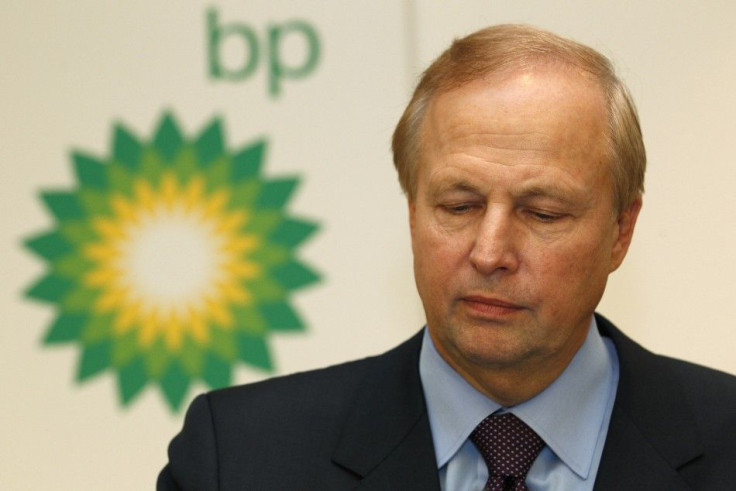BP suspends Libyan operations; but some other oil majors remain on normal schedule

BP plc (NYSE: BP) has announced that it is suspending its drilling activities in Libya due to the rising tide of political violence in that country and also plans to evacuate non-essential staff and their families.
However, the company said its offshore operations and seismic work have not been affected.
BP’s chief executive Bob Dudley said the company was committed to doing business in Libya.
British oil giant Royal Dutch Shell Plc, which signed a deal valued at $900-million to explore in Libya four years ago, said it has temporarily evacuated the families of expat workers in Libya. However, its offshore operations are continuing as normal.
Statoil, the Norwegian oil group, has closed its office in Tripoli and removed its staff. Statoil takes part in land-based oil production and exploration activities in the Mabruk field, which is operated by Total SA (NYSE: TOT), and in the Murzuk basin, operated by Repsol YPF SA (NYSE: REP).
The Austrian oil company OMV AG is also calling back all non-essential staff from Libya. The German energy company RWE AG, has suspended operations and recommended that international employees and relatives return home.
However, other major oil companies in Libya said their operations have not been altered by the civil unrest. For example, Italian oil giant Eni SpA (NYSE: E), the largest foreign oil producer in Libya, said its businesses there are operating as usual.
Eni said while “no problems at plants and operational activities have been reported” some family members of Eni workers are being relocated and repatriated.
Similarly, Repsol, Spain’s largest oil company, said it is also operating normally in Libya and isn’t removing staff.
France's Total SA (TOT) and Russia’ OAO Gazprom also said their Libyan operations remain on a normal schedule.
Libya, a member of OPEC, owns the largest crude oil reserves on the African continent and produces about 1.6-million barrels a day of crude – or about 2 percent of global oil demand.
Bloomberg reported that Jason Kenney, head of oil and gas research at ING Wholesale Banking in Edinburgh, Scotland, said “the violence is unsettling and it’s definitely right to be cautious. It seems like Eni is most at risk. The gas coming into Europe is quite significant, so it’s a concern.”
© Copyright IBTimes 2024. All rights reserved.





















